In the wake of one of Russia’s largest drone and missile assaults in months, former President Donald Trump reaffirmed his support for sending Patriot missile systems to Ukraine — but emphasized that U.S. aid must come at a cost, not as a gift.
Ukraine’s air force reported early Monday that Russian forces launched four missiles and 136 drones overnight. Of those, 108 drones were intercepted or neutralized, with the remaining 28 impacting targets across 10 regions, the Air Force said via Telegram. The country’s defenders continue to rely on a shrinking supply of Western-supplied interceptors, including the U.S.-made Patriot surface-to-air missile system, which has been credited with downing high-speed ballistic and hypersonic threats.
Debris from downed drones was reported in multiple areas. Russia’s Defense Ministry, in turn, claimed to have shot down 11 Ukrainian drones during the same timeframe.

Trump Reaffirms Air Defense Support
Speaking to reporters Sunday, Trump previewed his administration’s next steps on Ukraine policy ahead of an expected joint appearance with NATO Secretary-General Mark Rutte. While the president has pushed for an immediate ceasefire and direct talks with Moscow, he made clear that additional U.S. weapons — including more Patriot systems — are on the way.
“We basically are going to send them various pieces of very sophisticated military equipment,” Trump said. “They’re going to pay us 100% for them.”
Trump added that while a final quantity hasn’t been decided, “they do need protection.” He claimed the European Union will foot the bill, not U.S. taxpayers — a model he says turns military support into a business transaction, not a foreign aid expense.

Aid pledged, but Trump wants others to pay.
Trump’s remarks reflect a shift in how military support is framed — less as collective defense, more as deal-making. While Ukraine’s government welcomed the renewed commitment, the transactional approach may raise concerns among NATO allies who’ve traditionally framed aid to Ukraine as a shared security imperative, not a commercial venture.
“Peace through strength is the principle of U.S. President Donald Trump, and we support this approach,” said Andriy Yermak, head of Ukraine’s presidential office, in a post welcoming Trump envoy Keith Kellogg to Kyiv on Monday.
Trump declined to say whether additional sanctions on Russia would be announced. Sen. Lindsey Graham told ABC News last week that Trump supports a Senate bill imposing up to 500% tariffs on countries that continue buying Russian oil and gas. That bill includes a 180-day waiver, allowing flexibility for key U.S. allies.
Ukraine Eyes Domestic Drone Growth Amid Escalating Strikes
As Russia intensifies its drone and missile assaults, Ukraine’s ability to defend itself increasingly depends not just on imported air defense systems, but on building a sustainable, domestic drone industry. The reliance on foreign platforms like the Patriot highlights a gap in Ukraine’s own defense manufacturing capacity — one that officials in Kyiv are now trying to close. Developing and scaling Ukrainian drone production is no longer just an economic goal; it’s a strategic necessity in a war where aerial dominance is decided nightly.

Escalation Meets Strategy
Despite Trump’s public criticism of Vladimir Putin, Russia’s campaign of nightly bombardments has only intensified. Monday’s attack — a massive aerial barrage aimed at urban and critical infrastructure — underscores Ukraine’s growing reliance on systems like the Patriot, which Kyiv credits with keeping Russian warplanes and missiles at bay.
Ukraine currently operates at least six Patriot batteries, two supplied by the U.S. and others by NATO partners. Other air defense systems in the field — including Germany’s IRIS-T and Italy-France’s SAMP-T — have proven effective but lack the long-range capabilities of the U.S. platform.
Kremlin spokesperson Dmitry Peskov responded to Trump’s comments Monday, downplaying the financial arrangements. “Some things will be paid for, some things will not be paid for,” he said, but acknowledged the steady continuation of U.S. arms transfers.
As the drone war grinds on, Ukraine’s ability to defend its skies hinges on more than just platforms — it depends on the pace, politics, and price of Western support.
Discover more from DroneXL.co
Subscribe to get the latest posts sent to your email.

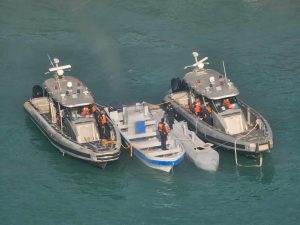
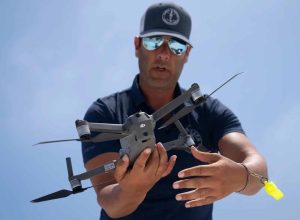
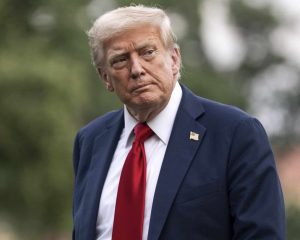
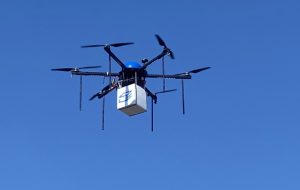

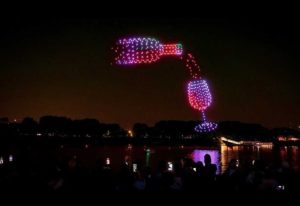
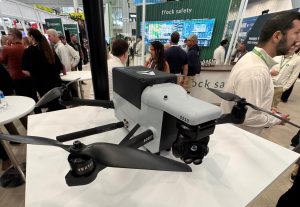
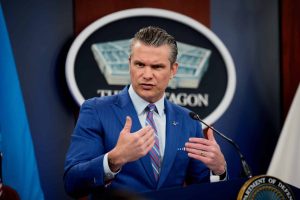
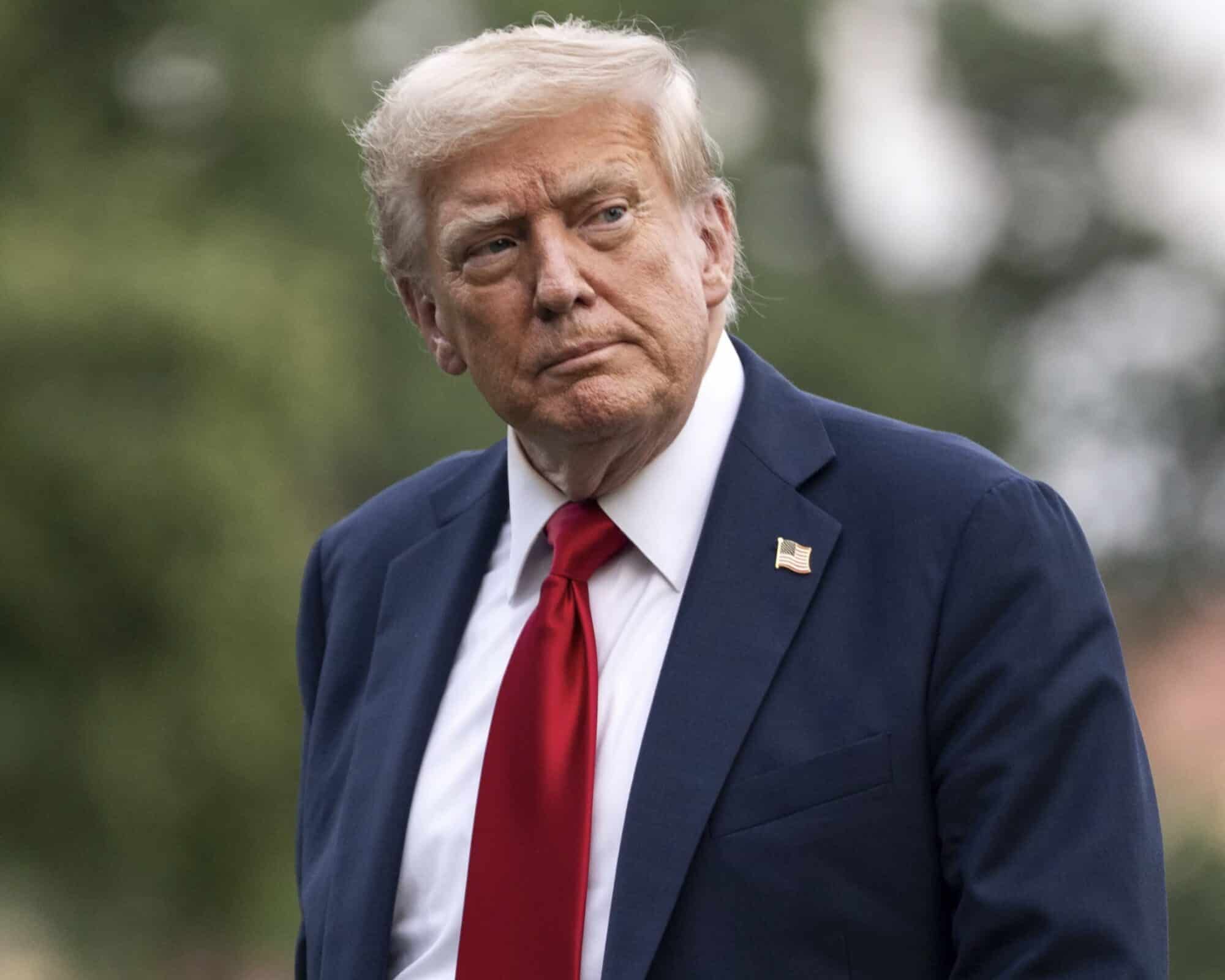

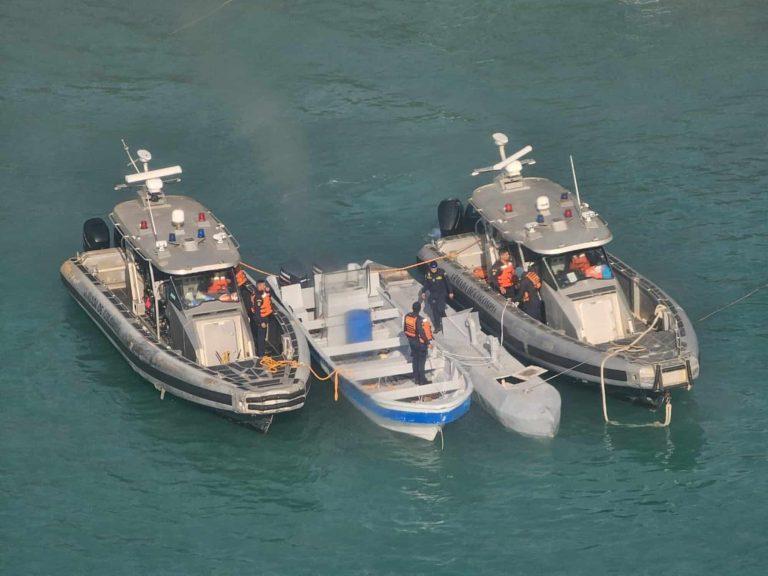
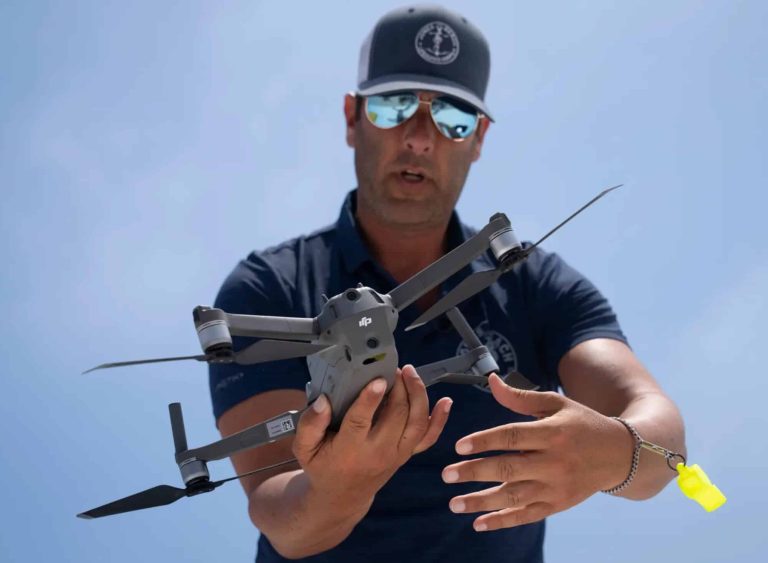
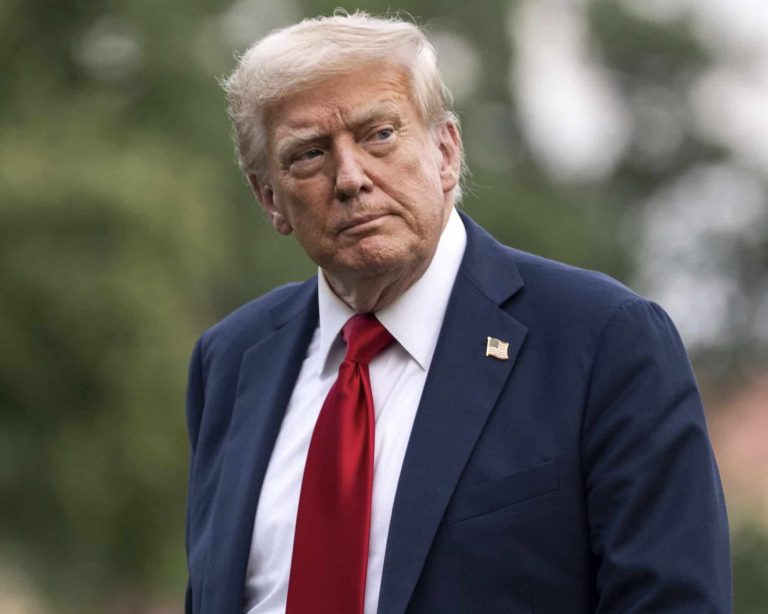
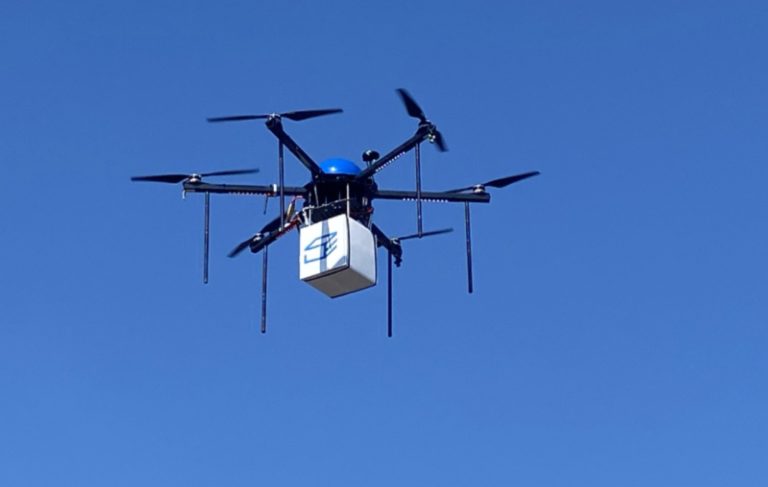

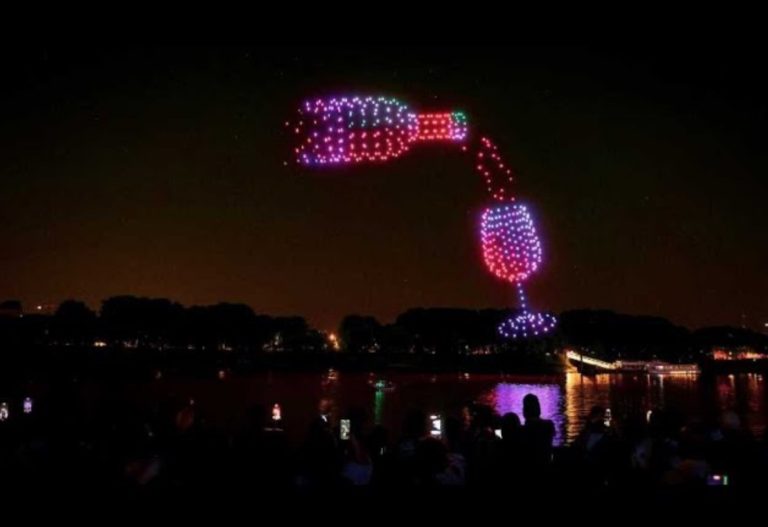
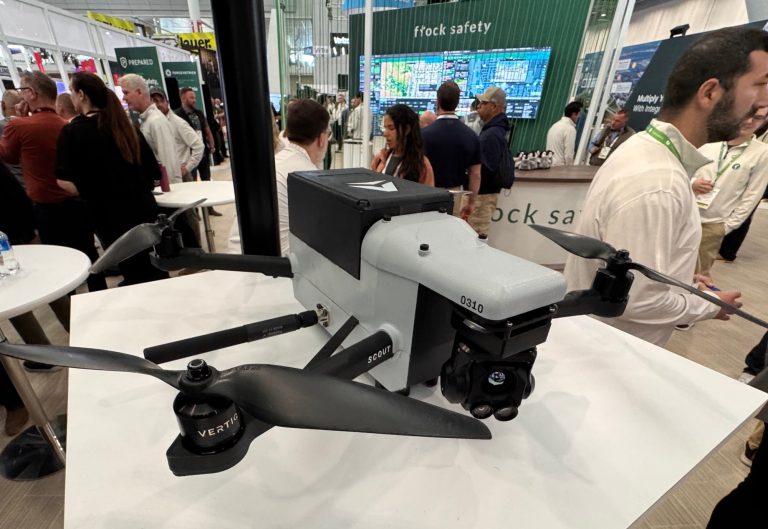
+ There are no comments
Add yours